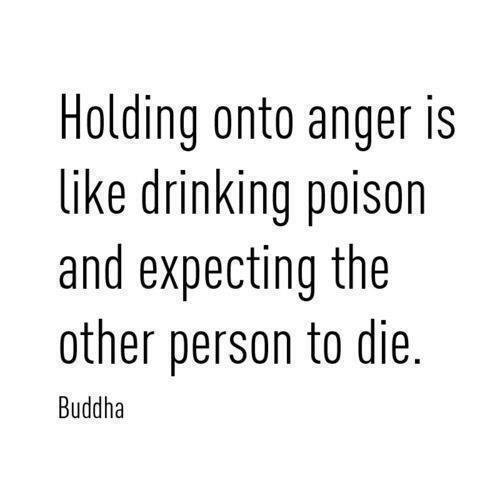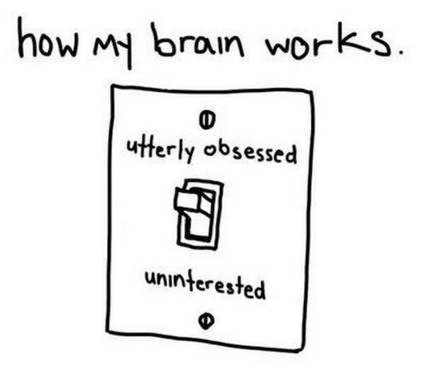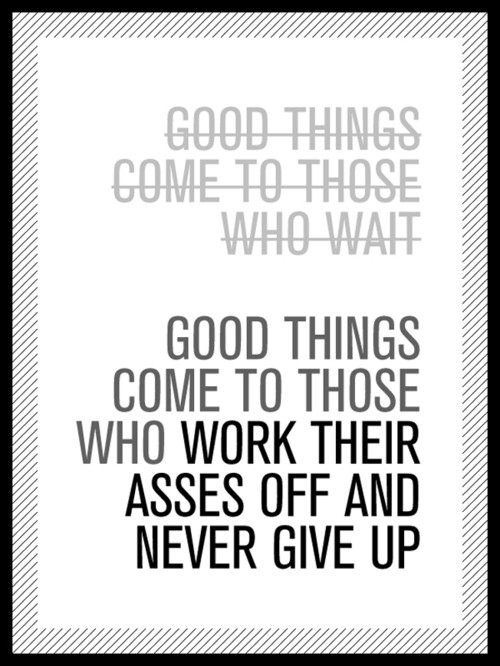Why do you read 1000 things about change and never change?
owing isn't doing. I post a lot of stuff about getting better at things. A common response to my posts is "I know that." Knowing is great for watching Jeopardy. It's not nearly as good for life. So why is learning about improvement so easy and actually improving so damn hard? Most any change that requires a lot of consistent mental effort is going to fail because you spend most of the day on autopilot. Via Charles Duhigg’s excellent book The…
5 minutes
The One Word That Sums Up Everything You Need To Do To Be Happier
at word is "PERMA." It's an acronym for: Positive Emotion Engagement Good Relationships Meaning Accomplishment Martin Seligman is a professor at the University of Pennsylvania and one of the foremost experts on the study of happiness. He gave the following talk in 2011 explaining "PERMA", the research behind it, and how we can use it to improve our lives. I'll break it down after the video. For the longest time the model of happiness we've had has followed how we look…
5 minutes
10 Videos Guaranteed To Inspire You
bsp; 1) How to be happier Harvard professor Shawn Achor is the author of the wonderful book The Happiness Advantage. 2) Is it better to come in first... or third? Malcolm Gladwell is the author of the bestsellers Blink, Outliers and The Tipping Point. 3) Why do we lie? And why do we lie to ourselves? Great interview with Dan Ariely, author of Predictably Irrational and The Honest Truth About Dishonesty: How We Lie to Everyone---Especially Ourselves. 4) What’s it take to free…
2 minutes
How To Be Truly Happy With Your Life
e path to happiness and the path to being an expert overlap. Here's the problem though: research shows that you don’t usually do what really brings you joy or makes you an expert -- you do what is easy. Via The Happiness Advantage: The Seven Principles of Positive Psychology That Fuel Success and Performance at Work: Studies have found that American teenagers are two and a half times more likely to experience elevated enjoyment when engaged in a hobby than when…
5 minutes
The 3 Steps To Becoming Stress-Proof
Know What Really Works Most of the things you instinctively do to relieve stress don't work. Via The Willpower Instinct: How Self-Control Works, Why It Matters, and What You Can Do To Get More of It: The APA’s national survey on stress found that the most commonly used strategies were also rated as highly ineffective by the same people who reported using them. For example, only 16 percent of people who eat to reduce stress report that it actually helps…
4 minutes
What makes almost everyone happy?
ing smartphones, Harvard happiness researchers surveyed 5000 people from 83 countries, ages 18-83, almost 250,000 times. What was consistent? We're happy when we're having sex, exercising, socializing, or when the mind is focused on the here and now. We're unhappy when we're commuting or when our minds are wandering. Via Engineering Happiness: A New Approach for Building a Joyful Life: Using smart phones, Matthew A. Killingsworth and Daniel T. Gilbert of Harvard University collected a large sample of experiences and associated…
1 min read
Can one personality trait determine your future?
search is pointing to conscientiousness as the one-trait-to-rule-them-all in terms of future success, both career-wise and personal. Via How Children Succeed: Grit, Curiosity, and the Hidden Power of Character: "It would actually be nice if there were some negative things that went along with conscientiousness," Roberts told me. "But at this point it's emerging as one of the primary dimensions of successful functioning across the lifespan. It really goes cradle to grave in terms of how people do." What is it? Basically,…
3 minutes
Are hope and despair both self-fulfilling prophecies?
ldiers faced a difficult "final exam" of a march across the desert in full gear. "The study manipulated the soldiers' hopes - and fears - about the difficulty of the march. The goal was to determine what, if any, impact their psychological state had on their physical performance." Via Maximum Brainpower: Challenging the Brain for Health and Wisdom: ...I developed the idea of manipulating hope to understand how optimism and pessimism affect the brain. The result was a large-scale study that…
3 minutes







